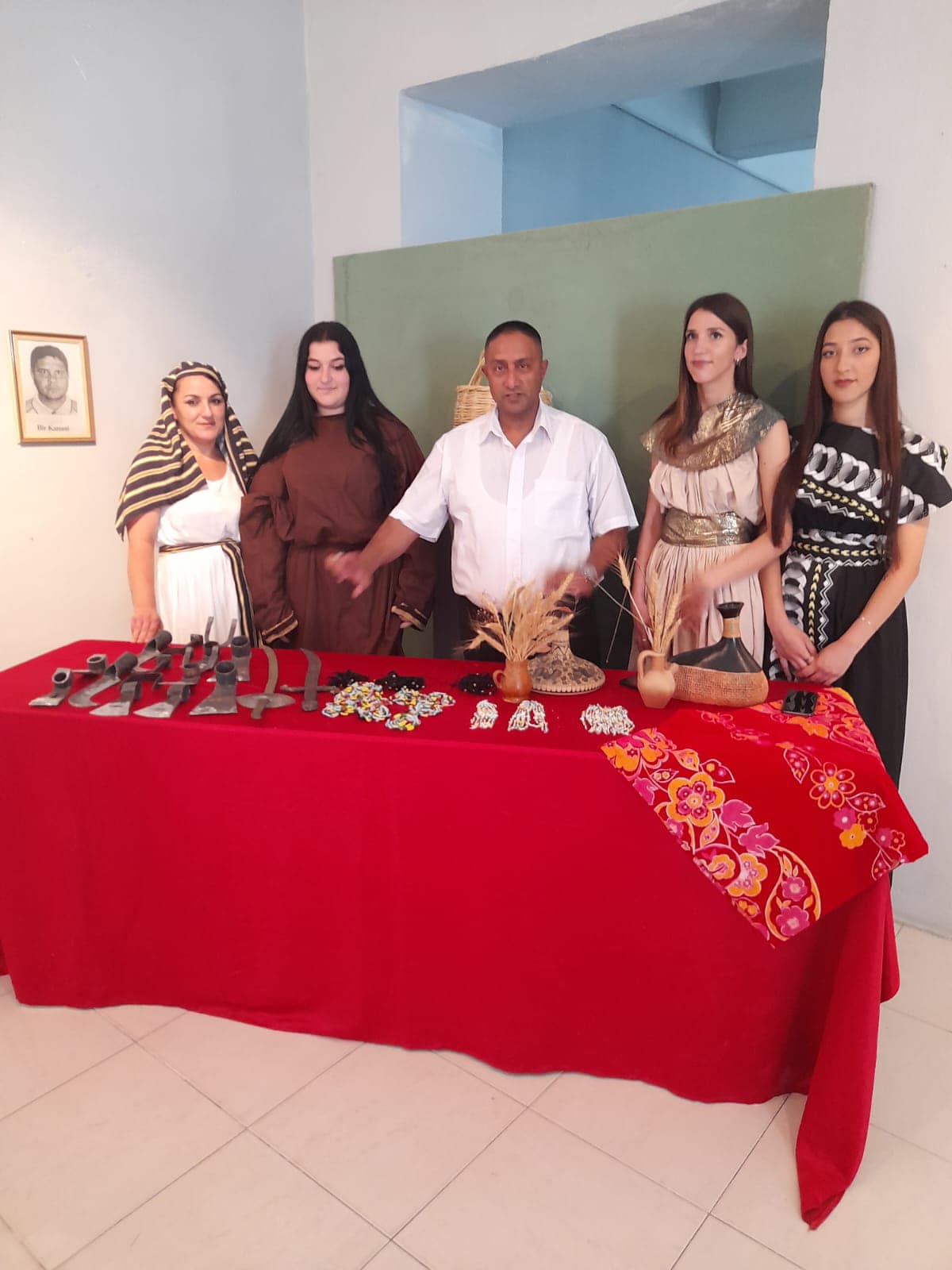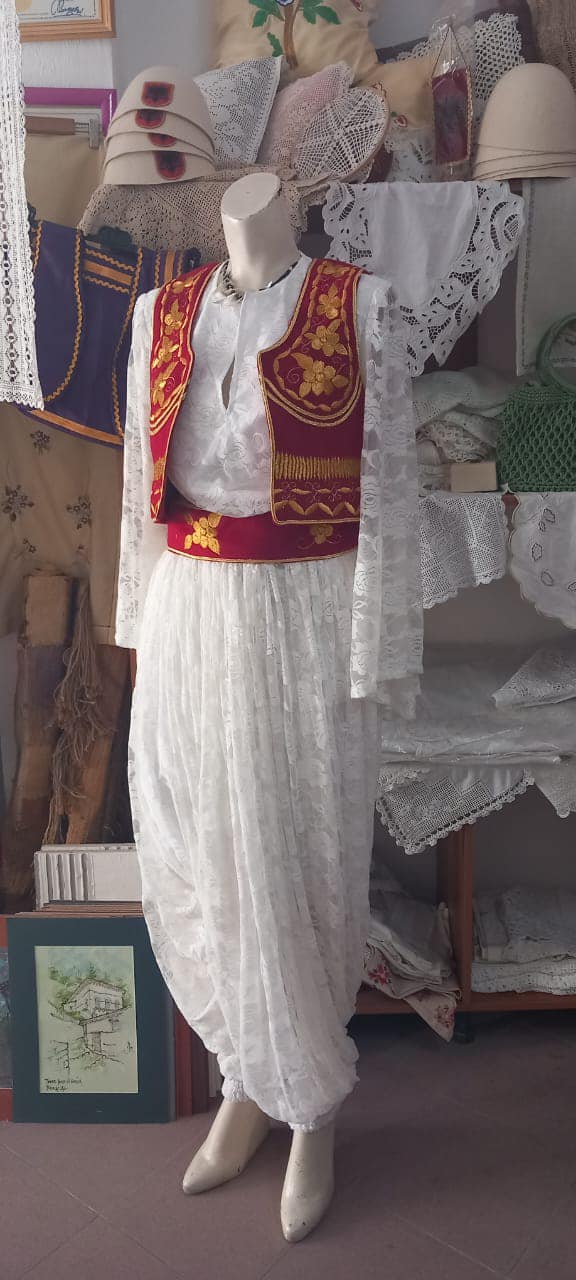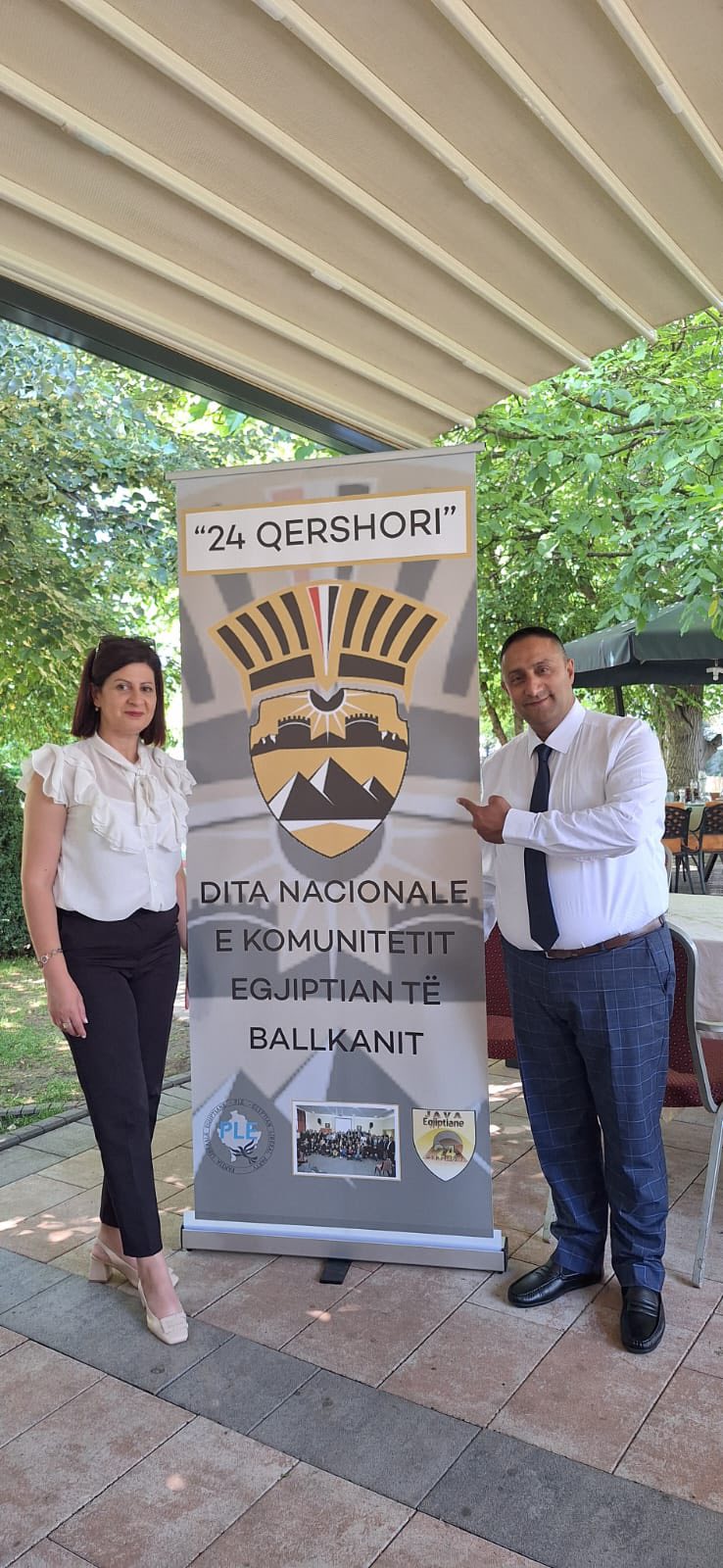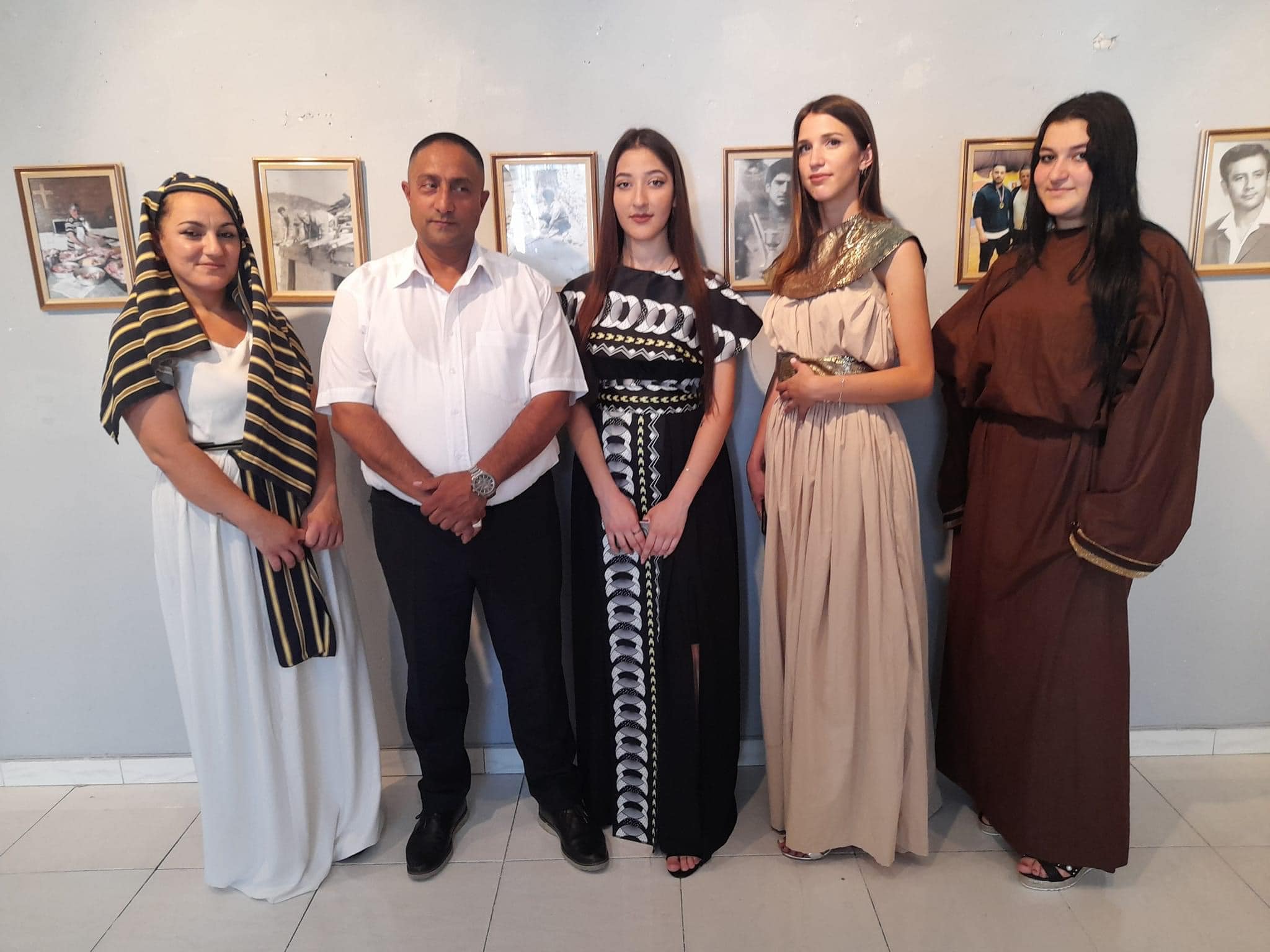Egyptian National Minority




The egyptian minority
are a present minority
present historically in Albania and the Balkans since the 13th–12th centuries BCE. This national minority, originating from ancient Egypt, coincides with the era of the Iron Revolution. The search, exploration, and transportation of iron, along with the need to improve living conditions and other social factors, were reasons for their continuous migration from ancient Egypt to the Balkans, including Albania. These movements of this minority coincide with the time of Ramses II.
Characteristics
The Egyptian National Minority is known for their craftsmanship in iron and metalworking, pottery and ceramics, and embroidery. In some areas of Albania, certain traditional costumes have been preserved with great dedication. Their anthropological features and dark skin tone, settlements near the castles of the respective cities, as well as their songs and dances, stand out. Since ancient times, the Egyptians of Albania have been distinguished by their coexistence and harmony with other national minorities and with the Albanians.
Identity and Language
Due to adaptation, the desire for integration, centuries of history, as well as other socio-economic and political factors, geographical positioning, and their status as immigrants, the identity of the Egyptians gradually began to fade during the Ottoman Empire in the Balkans. As a result of these influencing factors, the language was also lost. The official identity/designation is “Ethno-Cultural National Minority.”
Egyptians in Albania
This national minority is found in almost every city and village in Albania. Their largest concentrations are in the cities of Tirana, Berat, Korçë, Kuçovë, Elbasan, Durrës, Shkodër, Gjirokastër, Përmet, Lezhë, and others. According to the 2023 census, the official number of the Egyptian minority in Albania is 12,375 people.
The National Day of the Egyptian Minority in Albania is June 24th.
Minorities
Natioetare
Egjiptiane
The egyptian minority
are a present minority
present historically in Albania and the Balkans since the 13th–12th centuries BCE. This national minority, originating from ancient Egypt, coincides with the era of the Iron Revolution. The search, exploration, and transportation of iron, along with the need to improve living conditions and other social factors, were reasons for their continuous migration from ancient Egypt to the Balkans, including Albania. These movements of this minority coincide with the time of Ramses II.
Characteristics
The Egyptian National Minority is known for their craftsmanship in iron and metalworking, pottery and ceramics, and embroidery. In some areas of Albania, certain traditional costumes have been preserved with great dedication. Their anthropological features and dark skin tone, settlements near the castles of the respective cities, as well as their songs and dances, stand out. Since ancient times, the Egyptians of Albania have been distinguished by their coexistence and harmony with other national minorities and with the Albanians.
Identity and Language
Due to adaptation, the desire for integration, centuries of history, as well as other socio-economic and political factors, geographical positioning, and their status as immigrants, the identity of the Egyptians gradually began to fade during the Ottoman Empire in the Balkans. As a result of these influencing factors, the language was also lost. The official identity/designation is “Ethno-Cultural National Minority.”
Egyptians in Albania
This national minority is found in almost every city and village in Albania. Their largest concentrations are in the cities of Tirana, Berat, Korçë, Kuçovë, Elbasan, Durrës, Shkodër, Gjirokastër, Përmet, Lezhë, and others. According to the 2023 census, the official number of the Egyptian minority in Albania is 12,375 people.
The National Day of the Egyptian Minority in Albania is June 24th.













